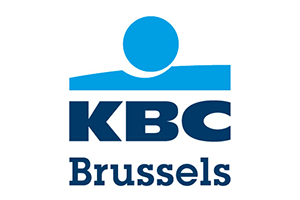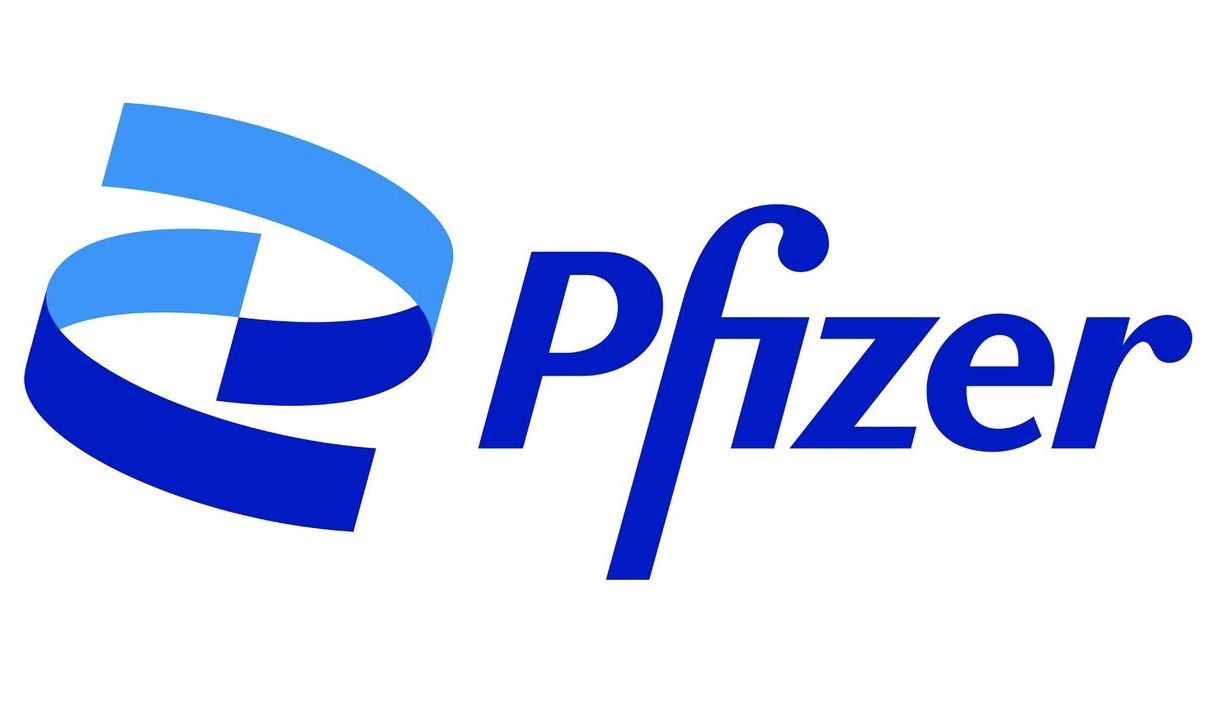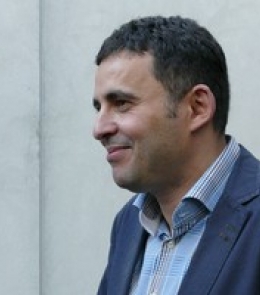New crisis communication research from An-Sofie Claeys (UGent) and Michaël Opgenhaffen (KULeuven) shows how CEOs and legal professionals think of best practices like “stealing thunder” or corporate apologies.
The research was based on interviews with 22 CEOs and 16 legal advisors of highly reputable Belgian organizations.
Corporate apologies: “Is it too late now to say I’m sorry?”
Research shows that a simple “sorry” can go a long way to avoid a huge reputational fallout. It’s quite common for victims to simply want to be recognized as a victim, to be heard. A well-timed and sincere apology can increase the chances of an amicable settlement out of court.
But legal professionals explained to the researchers that they don’t really like apologies. As one legal pro says:
If the fault lies 100% with us and only with us, it is appropriate to apologize. There are very few occurrences where we have apologized.
Another interviewee adds:
As legal experts, we do not recommend apologies. You only do this when you are really 100% sure that the organization is at fault.
If apologies are offered, legal professionals want to make sure that they don’t invite liability with the apology.
It is easier to say that we take our responsibility, but that we have no liability (…) If it is formulated correctly, we get away with it. Then there are no legal consequences.
CEOs seem to agree with this distinction between apology and liability:
Before you say things, you shouldn’t get overwhelmed by the emotions of the moment. You should make a number of considerations very rationally and that can probably lead to a more distant, cautious communication (CEO)
But in general, CEOs seem to think that it can help to clear the air and admit your mistakes – if you made them:
I think people appreciate when you say: look, that happened, we made a mistake and that’s the action we took. If we’re really convinced that we’ve made a mistake, we’re going to say so.
My advice to every CEO: it’s not worth trying to cover up the facts. What’s done is done, admit it. And work on these facts. But admit the facts.
Thunderstruck: stealing thunder, yes or no?
Another gold standard in crisis communication is “stealing thunder” – the concept of breaking bad news proactively, instead of waiting and hoping that the crisis will go away.
Legal professionals seem to like stealing thunder better than apologies, mainly for two reasons:
- Listed companies have to disclose information that might materially impact the stock price anyway. And since GDPR organizations must communicate about data breaches to their stakeholders if the stakeholders’ data was impacted. In this case, you will need to communicate anyway.
- But they also see the strategic advantages, to keep control of the communication and to set the tone.
As one legal counsel says:
I am a big supporter of that strategy because you get the chance to tell your own story. I think that is good for your reputation. From a legal point of view, you can be perceived by the market as fairer, which may result in fewer claims.
And another adds that they understand that hiding negative information can create more problems down the road:
You already have a problem. Don’t create another one.
For CEOs, it depends. They understand that stealing thunder offers more control over the narrative, that it can boost reputation. But they will balance it with the need for disclosure:
If a problem occurs and I can solve it without any negative consequence for the person (…) and without that person finding out afterwards, I might decide not to communicate
In general, CEOs seem to make a decision on stealing thunder based on the chance that the word will get out:
Especially in the case of a very serious issue, it is an illusion to think that information can be withheld.
If you think you can stop the fire by communicating, I would do so. If you think it will blow over, I wouldn’t do it.
It seems that CEOs take into account the chance that things will blow over – a very rational approach that we also discuss in our blog on using game theory in crisis communication.
What this all means for your job as a communication professional
Understanding these perspectives and attitudes can help us do a better job during a crisis.
1. Position yourself correctly
The research shows that legal professionals and CEOs value the input of communications, both in-house and external.
They see the role of the communication department as threefold:
- strategic advice
- support and preparation
- execution
Specifically for agencies, CEOs see their value as strategic sounding boards, and as people who have more experience dealing with stakeholders like politicians and media:
“An agency is going to have a more outspoken opinion and is going to push back more. That’s why you get them on board”
Only one of the CEOs didn’t think their communication colleagues had no place in the crisis response, because “their role is more executive”. This confirms research that CEOs expect you to step up strategically.
In the end, CEOs see crisis communication as their responsibility:
There is no crisis communication where I won’t give the final go
So, make sure you understand the landscape and the facts and ask the right questions (preparation), be ready to recommend strategic, timely courses of action (advisory) and then execute on the chosen strategy (execution).
2. Use the right arguments
Don’t assume that legal and C-level don’t understand communication.
They understand stealing thunder and the value of an apology. But they will use a very rational look and need to be convinced of the legal and financial benefits – not just the reputational benefits. Use the right arguments when making your case.
3. In crisis communication, brevity is key
Another interesting insight is that C-level and legal professionals want to weigh every word – which means they generally prefer fewer words. As one legal pro says:
The more words you use, the more dangerous it becomes. (…) Especially with something like apologizing, you have to read everything five times and not write a sentence too much or too little
This can be a pain point in a crisis, where communication wants to explain more – or make sure an apology has all the right elements to be a “real” apology – and legal and C-level want to keep things short.
4. Build trust before crisis through training
In general, legal and C-level want to rely on you during a crisis. But it’s best to solidify this position as a trusted advisor before a crisis breaks loose. Trainings are a great way to build confidence with your colleagues.
Specifically, media trainings and crisis communication simulations will help you build your reputation in-house.
Enjoy our ultimate crisis communication Spotify playlist!
To support you in your work, we created this inspirational playlist for communication professionals – it has some thunder, heartfelt apologies and a lot of genuine remorse!
Crisis communication at FINN
For almost twenty years, FINN has supported organizations in all types of crises, including reorganizations and restructurings, cyber incidents, transgressive behavior and fraud, and product recalls. We help organizations prepare for crises with crisis communication plans, crisis communication training and support during issues and crises.
Sources
An-Sofie Claeys, Michael Opgenhaffen, Changing Perspectives: Managerial and Legal Considerations Regarding Crisis Communication, Public Relations Review, Volume 47, Issue 4, 2021, 102080, ISSN 0363-8111, https://doi.org/10.1016/j.pubrev.2021.102080































































































